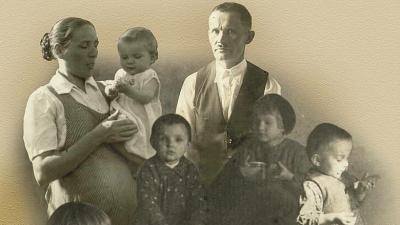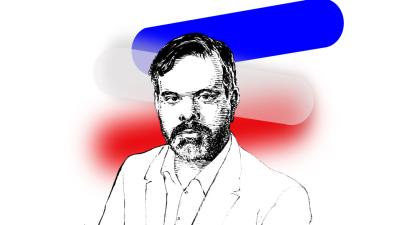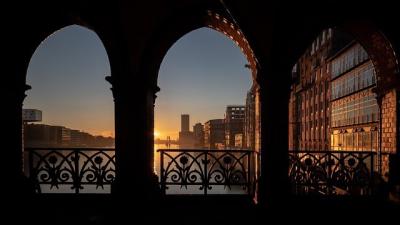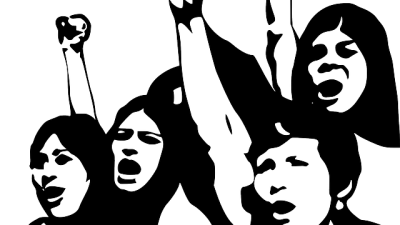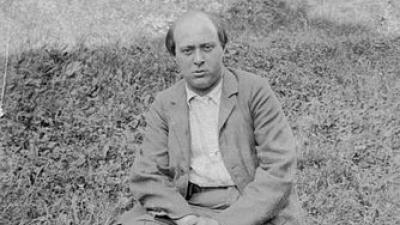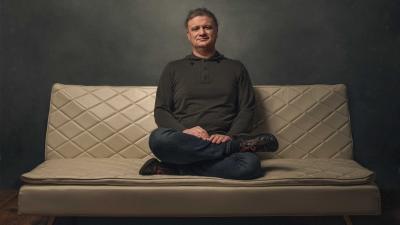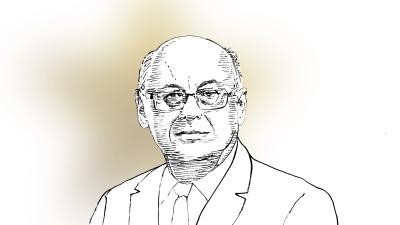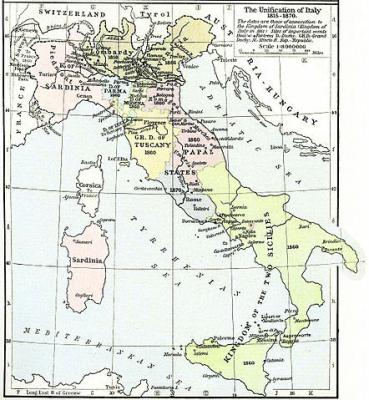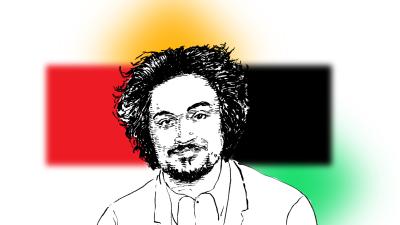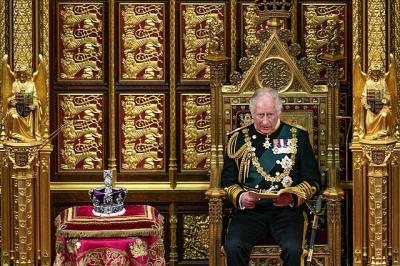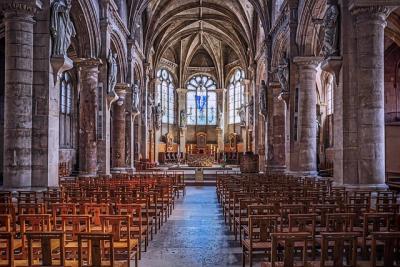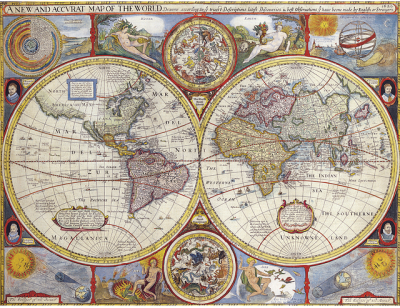The Martyrdom of the Ulma Family
On 24 March 1944, German police raided the Ulma family farm in Markowa, Poland.
Álvaro Peñas
Europe's Southern Flank Under Russian Attack
We underestimate the determination of the KGBists in power in Moscow to take revenge on the West so much that we refuse to see their attack on our southern flank.
Patrick Edery
German Conservatism and the Dying Idea of Europe
For centuries, Germany was criss-crossed by a wall.
Marco Gallina
America’s Cultural Revolution: How the Radical Left Conquered Everything
Revolutions are not always violent and bloody. They can also be carried out in seemingly softer ways but still being equally pervasive and destructive of the norms and society they are intended to change. This is the case with cultural revolutions, where actions are taken in schools, universities, and the media and in people's minds without resorting to the use of force.
Francesco Giubilei
Conservative and Revolutionary: About Arnold Schoenberg
To the occasional listener of symphony concerts, Arnold Schoenberg (1874-1951) is generally known as one of the boldest modernists in the history of music. Surprisingly, however, for many people who delve deeper into his biography, it becomes clear that he was anything but politically progressive.
Fabian Bell
Is Christianity Over?
It all began with the last book by the Parisian philosopher Chantal Delsol, The End of Christianity: Normative Inversion and the New Age, published in October 2021.
Miguel Ángel Quintana Paz
Affinity by Choice
The war in Ukraine shattered the myth of the invincible Russian army, which had instilled so much fear in the Europeans and formed a significant, though not the only, basis for the respect Russia enjoyed in the “West”.
Zdzisław Krasnodębski
The Italian nation after the Unification of Italy
The terms nation and state, sometimes erroneously used as synonyms in public debate, actually represent two different concepts. It is precisely from this distinction that we must start if we wish to define the genesis and cultural references that constitute the Italian philosophical tradition.
Francesco Giubilei
The nuclear phase-out: The Germans' dogma
Europe is an officially secularised continent. Christianity is seen either as folklore or a disturbing relic. Significantly, the 19th century transformed Western societies in several ways.
Marco Gallina
Charles III and the Coronation: 'Government of Himself'.
It was TS Eliot who remarked that 'When a term has become so universally sanctified as 'democracy' now is, I begin to wonder whether it means anything, in meaning too many things'.
Brian Patrick Bolger
Is France in a terminal phase of dechristianisation?
The situation of the Catholic Church in France is particularly worrying. The number of priests has been gradually decreasing for several years. In the early 1960s, there were 41,000 priests in office. In 1995, there were 29,000, and in 2020 half that number, or about 14,000. What is more, half of the French priests are over 75 years old. Every year now between 600 and 700 priests leave, and their departure is far from being compensated for by the few hundred new priests who take up their duties.
Patrick Edery
China and the New Nomos of the Earth
The world stands at a paradigm shift; a thunder of meeting, fighting tectonic plates. Vaclav Klaus, in his latest article in 'The Hungarian Conservative' laments the passing of an old order. The move from one epoch to another is reminiscent of Mathew Arnold's poem 'Dover Beach' where the ebbing of the sea of faith had ceased caressing the shores of the world.



